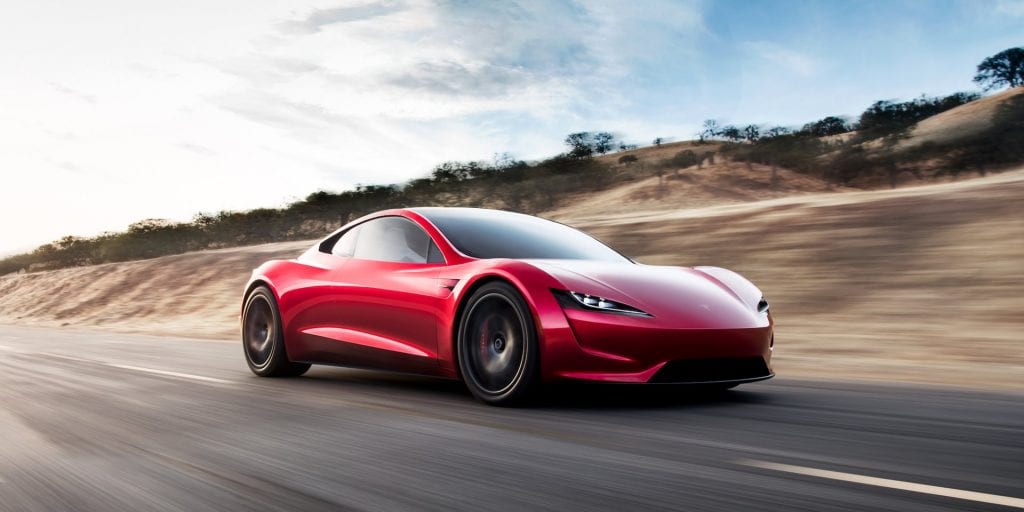Models S & X drivers groused about the same thing when the 3 came out. 1999 RAV4EV drivers groused about this when the Leaf and Volt came out, and 'their' SPI chargers were replaced with J-1772 that they couldn't even use, often cutting of where they could even go.Surprised more Tesla owners are not up in arms about having to share your beloved Supercharger network! This was one of the main benefits of owning a Tesla… now it’s no longer unique to Tesla.
It will take years for the network to expand, and may never expand to fill demand. In the interim, you’ll find a Ford Mustang charging in the last Tesla charging stall!
Don't worry, the rate of charger deployment has overall kept up and things are a whole lot better despite there being several orders of magnitude more cars sharing the infrastructure.
The infrastructure will grow/is growing even faster now. It isn't a zero sum game. I just came across a brand-new 25 stall V3 Supercharger site last night that's only about 2 miles from 2 often-full with 8 and 20 stalls, respectively.
The only sad thing to me is that I don't see a clear path to get the non-Tesla infrastructure up to a usable, sustainable level. The companies born from failures seem to have attracted management teams, ownership, and corporate culture of total losers. I only hope that Robert Barrossa can get EA whipped into shape but my hope is weak. Robert is smart, well-intentioned, and nice but, I'm afraid they need someone smart, well-intentioned, but an A-hole and rich - like Musk.





